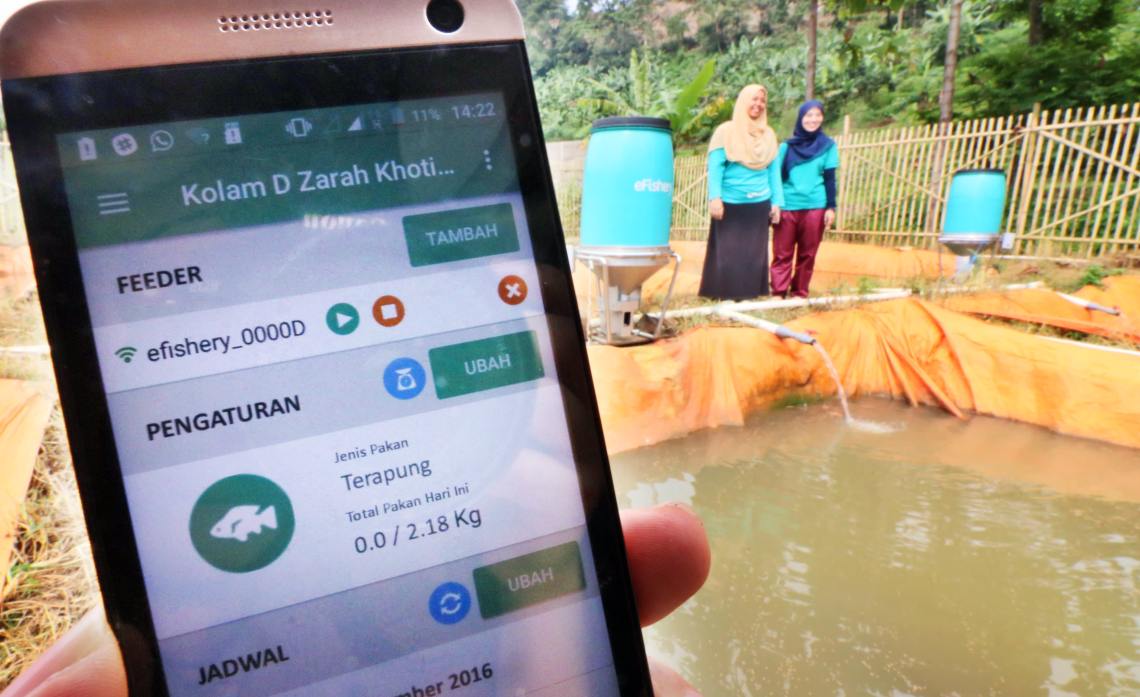Startups Are Challenged to Solve Nutritional Problems in Indonesia
Share

With a population of 261 million, the fourth largest in the world, Indonesia has succeeded in carrying out development in various sectors. The level of welfare has increased and the poverty rate has fallen to below 10%. However, Indonesia still faces a double burden of nutrition.
As many as 48.9% of pregnant women have anemia, 30.8% of children under five experience stunting, and 8% of children under five are obese. To prevent and reduce the prevalence of stunting and anemia, the government makes various efforts like conducting nutrition improvement programs.

There are also programs to improve access to nutritious food. Then, another way to improve access to nutritious food is through the Business Innovation Challenge (BIC). The BIC aims to find and strengthen local technological innovations to overcome post-harvest losses through competition, providing technical support, and seed funding.
It also supports access to financial and market facilities. The first BIC in 2018 focused on innovation in the cold chain to maintain the quality and nutrition of fish. In 2019, BIC raised the theme “Food Innovation Challenge” to find innovations in fish products and seafood.
The BIC Challenges Indonesian Startups to Deal with Nutrition Issues
Fish products and seafood with added value such as ready to cook and ready to eat would be a great innovation. These should be a great source of protein and other nutrients that are very important for the body. Also, these contribute to preventing and reducing anemia and stunting.
The Country Director of GAIN Indonesia, Ravi K Menon said: “Fish and aquatic food sources are an important part of our efforts to nourish and educate the nation’s children. These are an economical resource for more than five million people too.”

As for the Business Innovation Challenge or l-PLAN Challenge looking for 10 startups, institutions, associations, and MSMEs that have innovative solutions in ready-to-eat or ready-to-cook food products based on fish and other water sources. It includes drought, shrimp, squid, or seaweed to help reduce the problem of stunting and anemia.
In this competition, it is expected to attract 300 participants. Winners will receive a total prize of up to IDR 1.2 billion. Moreover, the winners would get product development assistance and support to enter the domestic market through well-known retailers in Indonesia.
The competition is organized by the Global Alliance for Improved Nutrition (GAIN) and the Ministry of Health, in collaboration with the Ministry of Maritime Affairs and Fisheries as well as the Post-Harvest Network for Indonesian Nutrition (JP2Gl). GAIN itself is a Swiss-based foundation that was first launched in 2002.
The Development of Food Startups in Indonesia
Meanwhile, the aquaculture sector is developing very rapidly and becomes the food production sector with the highest growth rate. However, in Indonesia, the exchange rate of aquaculture is still relatively low. Food startups may take the opportunity to help fish and shrimp farmers overcome this problem.
eFishery is one of the startups to do so. This startup will launch a fresh fish selling platform called eFisheryFresh that sells products from farmers directly to restaurants, hotels, and other culinary businesses. eFisheryFresh utilizes harvest prediction data in each aquaculture pond and connects directly to buyers via digital transactions.

“We have always tried to provide technology that can provide added value to fish and shrimp farmers as well as making the fisheries sector more efficient and growing. This eFisheryFresh hopes to help realize this,” eFishery CEO, Gibran Huzaifah, said in a statement.
On the other hand, the competition carried out by GAIN and the Indonesia government should be a good place for food startups to show up their competency. With the privileges and benefits offered by the initiator, it would be great for startups to join and win this competition.




















